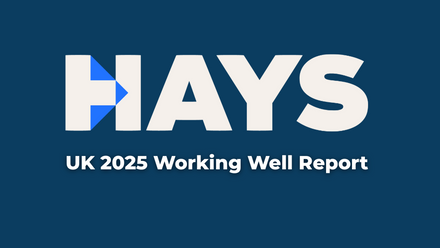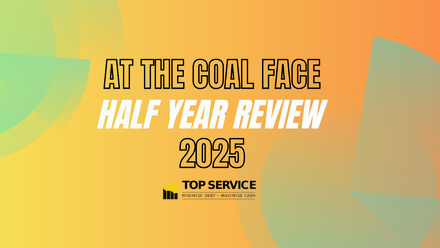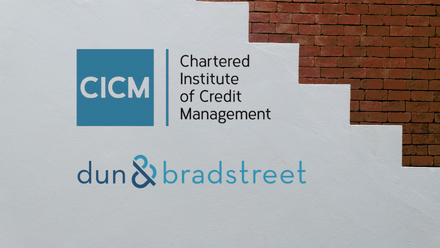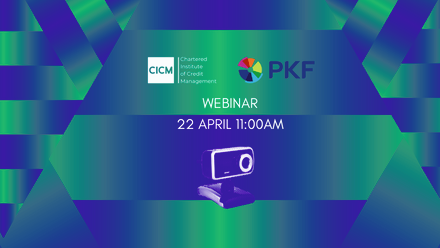How to strengthen the top five most crucial core skills
It’s no surprise that soft skills, also known as people skills, are crucial for leading a successful career across the world of work and credit management is no exception. Although we inevitably and often unknowingly develop our core skills through lived experience, it’s also important to take proactive steps to build on our skillset to ultimately boost our career. According to our research, the top five most sought-after soft skills for 2025 are communication and interpersonal skills, an ability to adopt change, an ability to learn and upskill, flexibility and adaptability and finally people management. Here are tangible ways you can work on each of these areas to help achieve your goals in the next 12 months and to future-proof your career.
Communication and interpersonal skills
Being able to communicate well with others and build positive working relationships is at the crux of success across most credit roles, regardless of a person’s seniority level. One way of improving your ability to communicate effectively and reach the desired outcome is to truly understand your audience. The more time you dedicate to recognising your audience’s perspective, the better you will become at tailoring your interactions. Another way to boost your communication skills is to plan out your main point in your head before starting a conversation, whether that’s in a face-to-face meeting or via an email. This way, you’ll get to the point concisely and your communication will be more succinct. Active listening is a vital part of communicating effectively, so avoid interrupting and ensure you carefully listen to someone’s point of view before responding. By putting the above into practice, you will notice a real difference in the way you communicate, and this is transferable across a range of professional roles, industries and even your personal life.
The ability to adopt change
As the saying goes, change is the only constant, and that couldn’t be more true in today’s ever-evolving world of work. Responding well to change requires a positive and flexible mindset which can’t be developed overnight. Try to move away from fearing change, towards welcoming the new opportunities that change often brings. For instance, Artificial Intelligence tools and technologies are advancing at a rapid rate, but it’s important to adopt an attitude of openness and optimism in order to be resilient and productive. The growing presence of AI within the credit industry may change some of the ways you’ve grown used to working, but your power lies in how you respond to these digital transformations.
The ability to learn and upskill
Learning is a never-ending journey so it’s important to develop a growth mindset. Demonstrate an enthusiasm to learn and progress by taking part in training and development opportunities such as courses, workshops and events either offered by your organisation or externally. Always ask questions as and when they arise as there is so much to learn from those around you. Keep up to date with industry trends and news to ensure you have an ear to the ground and a valuable and ever-growing knowledge of the world of credit. Asking for feedback is an effective way to improve your self-awareness, identity your strengths and weaknesses and crucially work on areas for improvement and continue doing what you do best.
Flexibility and adaptability
Being flexible and adaptable is about adjusting to new challenges with professionalism and ease; one way of improving this skill is to practice being open to new ideas and approaches. This core skill goes back to the importance of having a positive outlook, although it’s not always easy, so that you can move with change and adjust accordingly rather than try to resist it. Make sure you have a clear understanding of your own goals and those of your wider team so you’re in a better position to align your efforts and overcome hurdles together. Another aspect of adaptability is becoming ready to bounce back from failure, so practice how you view and react to knockbacks so that you’re able to learn from them rather than be defeated by them.
People management
Whilst the importance of this core skills varies depending on the level of your role, having the ability to manage any direct reports you do have effectively is vital for nurturing a positive and productive environment. Professionals in leadership positions have the responsibility to support, motivate and guide their teams and a good people manager is a constant work in progress. One way of building on this skill is to consider what you value and respect from your own manager, whether that’s recognising your achievements or checking in on your wellbeing. It’s worthwhile asking your team for feedback, so you can reflect on what you do well as a manager and what you could improve on. Ensure you set a positive example as a role model. Ultimately, being a great manager requires a combination of all the skills aforementioned, particularly communication and interpersonal skills.
Final thoughts
No matter where you are in your career, honing your skillset is a continuous process allowing you to stay relevant and take your career to the next level. Over the next 12 months and beyond, regularly consider how you can strengthen the mindsets and behaviours that are most in-demand amongst employers. Reflect on how well you communicate, how equipped you are to cope with change, where and when you can take advantage of opportunities to upskill, how to be the most flexible and adaptable version of yourself and how to be an empathetic and exemplary people manager. Whilst technology plays a pivotal part in our everyday working lives, the technical skills required to keep up with the pace of change are constantly shifting; as such, be sure not to underestimate the importance of core, human-centric skills that stand the test of time.






